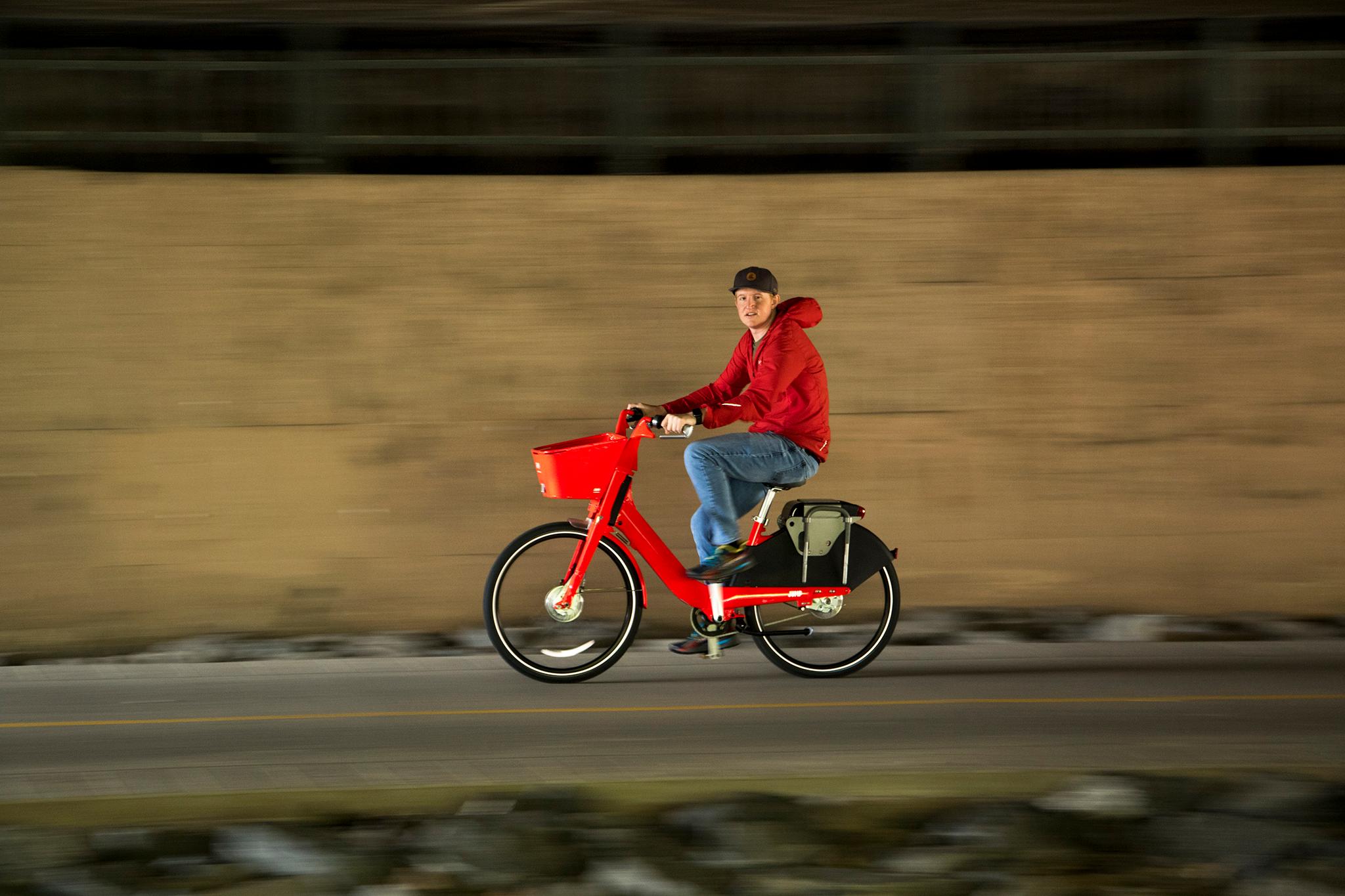A couple of weeks after Jump bikes stopped showing up on the Uber app, the company, now owned by Lime, will redeploy the vehicles in Denver on Friday.
The popular shared electric bikes will start each day in Denver's food deserts, areas with few grocery store options that are often proxies for lower-income neighborhoods, said Nico Probst, Lime's director of government relations.
"We've had a couple of conversations with community partners, including the Denver Streets Partnership, about where these bikes can be most helpful," Probst said. "And it led to us thinking about a lot of the communities in the city that are struggling with food deserts because those are places where folks are probably most in need of transportation options right now with RTD having limited operations."
Denverites can rent the bikes for $1 per half-hour. The company hopes the move will generate ridership while people steer away from traditional public transportation for fear of catching COVID-19. Riders can still find the bikes on the Uber app and will eventually be able to see them on the Lime app as well.
The open-air experience can feel freeing and less risky than a bus or ride-share, Probst said. But strangers still share the bikes with one another, and handlebars can spread germs. Lime staffers will handle the bikes more often than they previously did -- while wearing gloves and masks -- but with an extra focus on sanitizing them as opposed to just bike maintenance.
"Now when those touches occur, our operations staff are actually wiping them down with Center for Disease Control-approved chemicals and the right cleaning protocols are met based on the CDC guidelines," Probst said. "Our team has also been given all of the correct (personal protective equipment), so they are ensuring that they're doing their part in not helping the spread go any farther."
COVID-19 "does not spread easily" on surfaces, according to the CDC. Person-to-person contact is more likely to spread the respiratory disease.
Lime, whose business has "dropped sharply" since the pandemic began according to tech site The Information, acquired Jump through a fundraising round led by Uber. Probst said Denver is the first city in the world to host the bikes again after the hiatus, and that the bikes may not return to every city that once hosted them.
When B-cycle pulled out of Denver, Jump became the only bike-share game in town with a fleet of 200.













